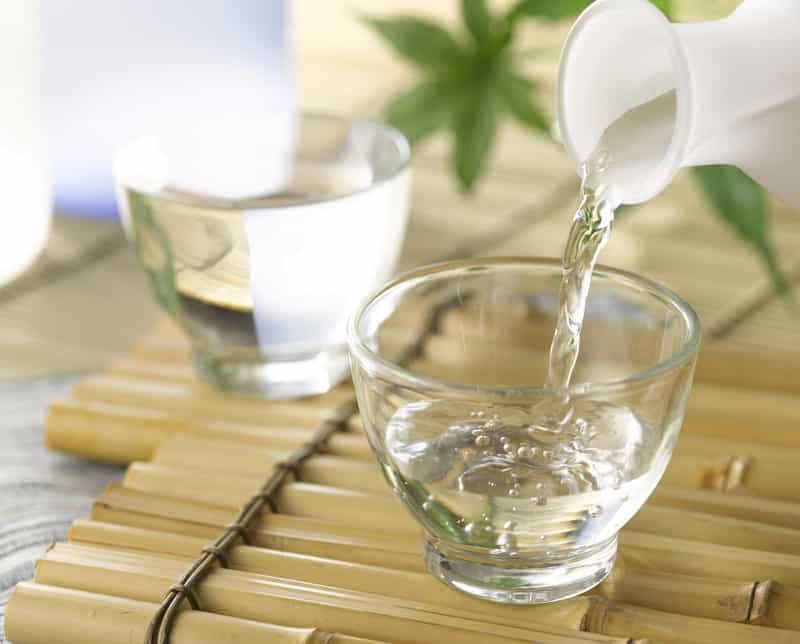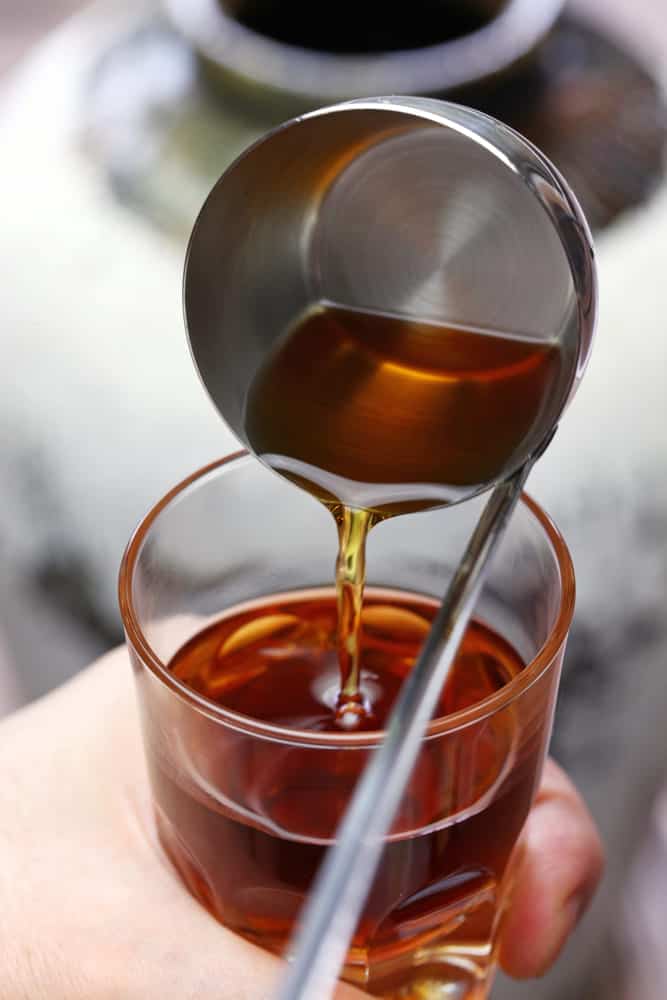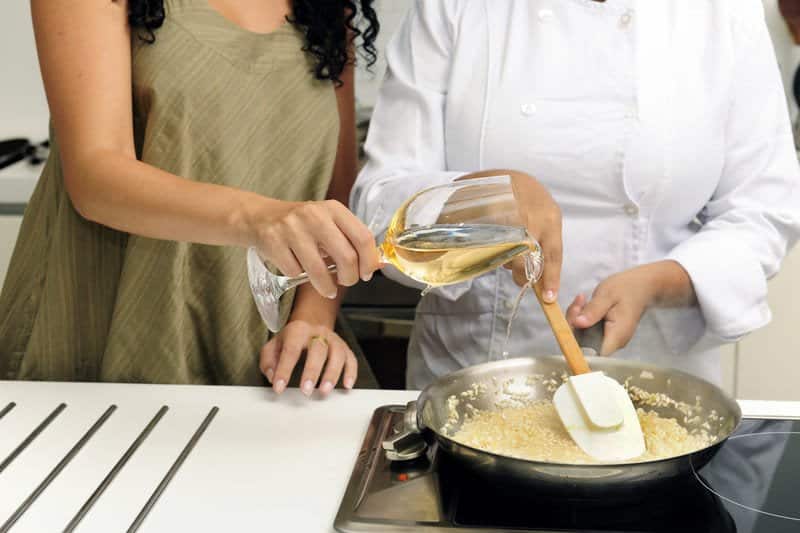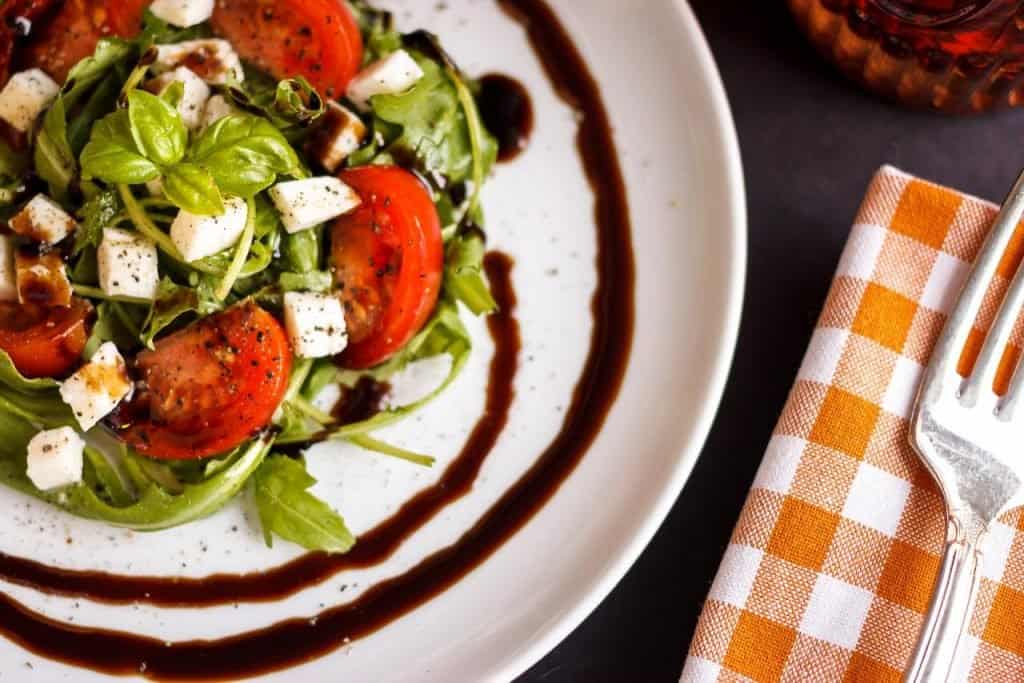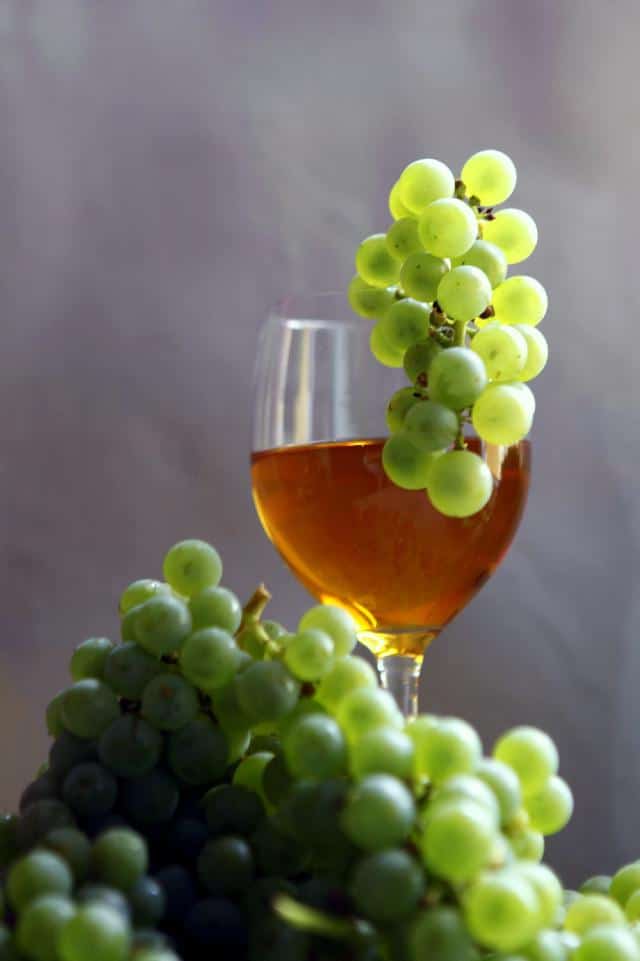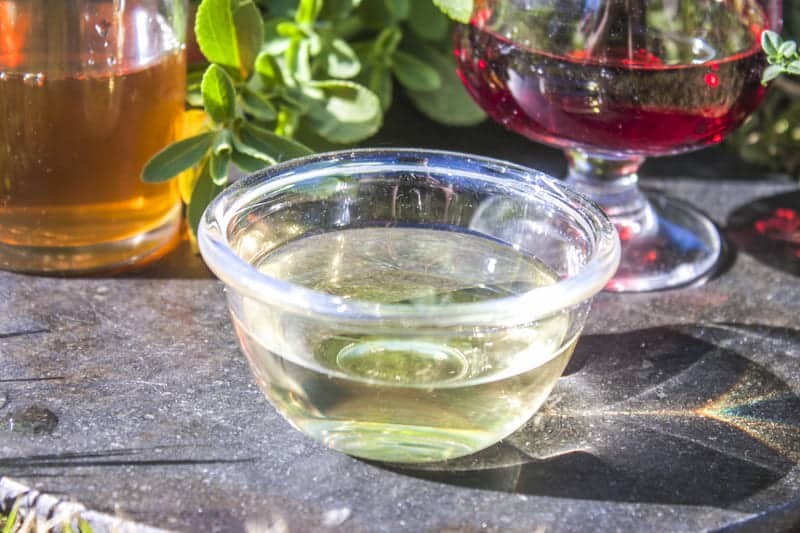When I hear the word sake, I always imagine Japan. Sake is a traditional Japanese alcoholic drink made from polished and fermented rice. For the production of good sake, it’s important to use clean water, quality rice, yeast, and koji mold. These ingredients are combined and fermented in a process used for many centuries.
Production of sake begins with polishing the grains of the rice. People use special types of rice with bigger and stronger grains with less content of protein and lipid than ordinary rice. There are around 80 types of rice for the production of sake in Japan.
This rice makes 25% of all sake production in high-quality sake. Low-quality sake includes ordinary table rice that makes 75% of all sake production.
Another factor that affects the quality of sake is the degree of rice polishing. A higher degree of polishing means better quality of sake and higher price.
There are some substitutes for the sake that contain alcohol like dry sherry, mirin, Chinese Shaoxing wine, and non-alcoholic like rice wine vinegar, balsamic vinegar, and apple cider.
Best Sake Substitutes
There are different types of filtered sake with flavors of herbs, fruits, spices, and flowers. But you can also find unfiltered sake and serve it warm or cold. Serve premium sake cold and low-quality sake warm.
You can rate sake by sweetness, dryness, acidity, bitterness, and astringency. It is a staple in Japanese cuisine. You can either use it for marinating meats or to add a sweet flavor to your dishes. However, if you don’t have sake on hand, some of these substitutes.
1. Chinese Shaoxing Wine
Chinese Shaoxing wine is famous fermented rice wine. You can use it as an alcoholic drink or as an ingredient in cooking. It’s a staple in Chinese and Asian cuisines.
Shaoxing wine is made from fermented rice, a small amount of wheat, and water. It has a slightly sweet-spicy nutty flavor, and brown color. It is great for marinades for meats, soups, stocks, and in the fillings for wontons and dumplings.
2. Mirin
Mirin is a rice wine with more sugar and less alcohol content than sake. The sweet umami flavor pairs well with salty dishes. Mirin is great for sauces, marinades, meats, vegetables, and fish dishes.
It adds sweet flavor and lovely aroma to dishes. It is also excellent for making other sauces such as kabayaki, sushi, and teriyaki. Mirin is one of the better substitutes.
3. Dry sherry
Sherry is a popular cooking ingredient. But when it’s open, it doesn’t last that long. Thus, there is a special sherry of lower quality for cooking known as sherry cooking wine.
This wine is with added salt and preservatives to make it last longer. You cannot drink it but you can use it in cooking to add a sweet and nutty flavor to your meals.
Use it in savory dishes only. In sweet dishes, the salt will overpower the sweetness. And nobody likes salty desserts. There’s no salt in ordinary sherry and you can use it in salty and savory dishes. You should boil the Sherry, so the alcohol evaporates and releases sweet flavors. Sherry is perfect for stews, sauces, stir-fries, pies, and meats.
4. White wine
White wine can be sweet or acid depending on the type. The best wine for cooking is dry wine. It has high acidity and citrus fruit taste. White wines are a common ingredient in dishes like pasta, fish, risotto, mushrooms seafood, vegetables, and chicken meat.
They boost and improve the flavor of the other ingredients in dishes. Wine should simmer together with the other ingredients for better flavor. Thys, don’t add it at the end of the cooking time.
5. Vermouth
Vermouth is wine aromatized with herbs and spices. You can either use sweet and red or dry and white vermouth.
When cooking with vermouth the taste of your dish can go from mild and floral to slightly bitter. Vermouth is perfect for sauces and marinades for fish or meats, cream sauces, soups, and some sweet dishes too.
6. Balsamic vinegar
Balsamic vinegar is well-known Italian vinegar made of grape. Grape is left to ferment for a long time to reach a better flavor. Balsamic vinegar has a sweet mildly acidic flavor. It adds sweet and pleasant umami flavor to dishes. For better taste, it should be added at the end of the cooking time.
Balsamic vinegar is ideal for salad dressings, sauces, grilling marinades, roasted vegetables, and desserts. Vanilla ice cream or Panna cotta will make a wonderful dessert full of flavors. Balsamic vinegar pairs well with seafood, grilled meat, stews, and risotto.
7. Rice wine vinegar
Rice wine vinegar is made from the extracted sugar from the rice which is fermented into alcohol and then in acid. And it has a mildly sweet flavor. It is great for dressings, marinades, and sauces. This product is a staple in Japanese, Chinese, Vietnamese, and Korean cuisines.
8. White grape juice
White grape juice is a non-alcoholic substitute for this drink. Made from grapes with green skin, this juice has a sweet refreshing flavor with herbal tones. Therefore, if you don’t like alcohol in your dish you can add white grape juice instead of sake.
9. Apple cider
Apple cider is made of fermented apples. It has a sour and mildly sweet flavor depending on the apples used for its production.
You can use it in soups, salads, marinades, sauces, dressings, candies, cakes, and syrups. It adds acidic flavor to dishes. So, you can dilute it with water. Or add sugar for a sweeter taste.
10. Distilled white vinegar
This vinegar is a colorless, acidic liquid made through a long process of fermentation of distilled alcohol. It has a strong and unpleasant flavor. So, use it in small amounts.
This vinegar is great for pickling vegetables, sauces, dressings, and marinades. However, it is also used as a cleaning agent for dishes, floors, mirrors, countertops, and windows).
FAQs
Can I replace sake with mirin?
You can replace sake with mirin even if mirin contains more sugar and less alcohol than sake.
Can I substitute vodka for sake?
You can use vodka instead of sake but have in mind that vodka doesn’t have any flavor, therefore the only thing you will add is alcohol.
Can cooking wine replace sake?
Cooking wine can replace sake, but you should lower the salt added in your dish because cooking wine contains salt and preservatives.
Can white wine replace sake?
White wine can replace sake even if it has lower alcohol content. Simmer it with the other ingredients for better flavor.
The Takeaway
Sake is a traditional Japanese drink. People have it on special occasions like weddings and other events. Nowadays, Japanese cuisine is international cuisine.
Meaning, you can easily find Japanese traditional dishes and drinks like sake all over the world. However, if you cannot find it in your store or want to try something else, use some of the products listed in this article. They all have something in common with sake.
You will not get the same flavor. However, you will definitely get something new. Share your tips and experiences with us in the comments. Or suggest your own substitute’s sake.
